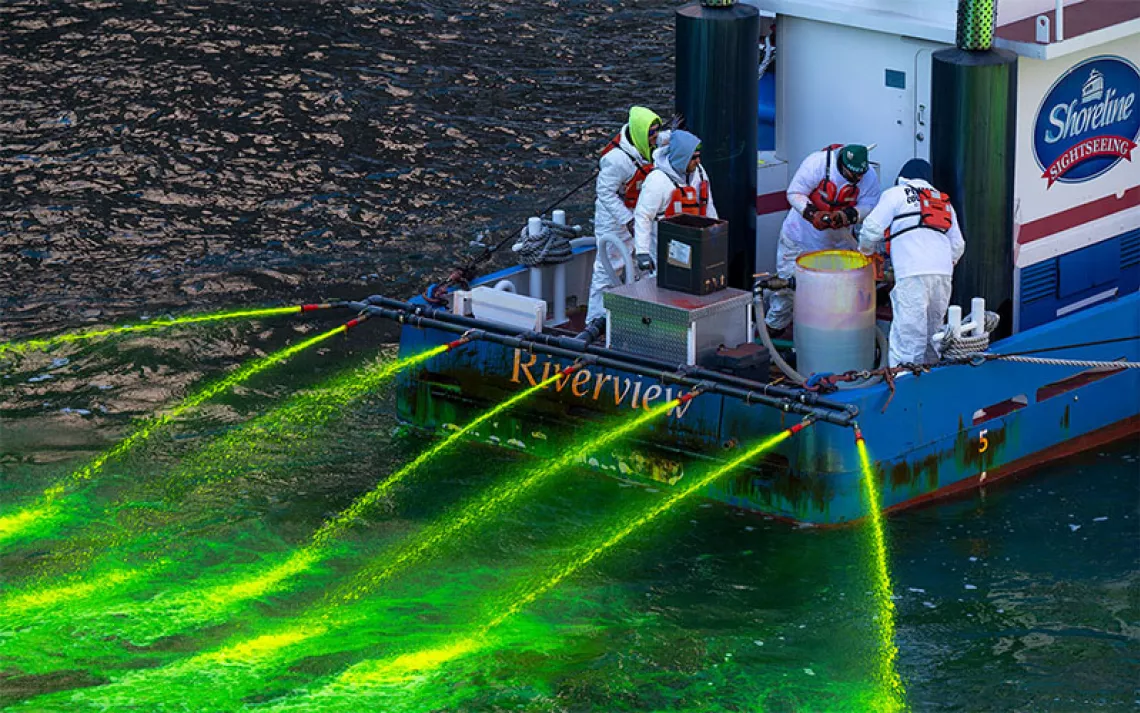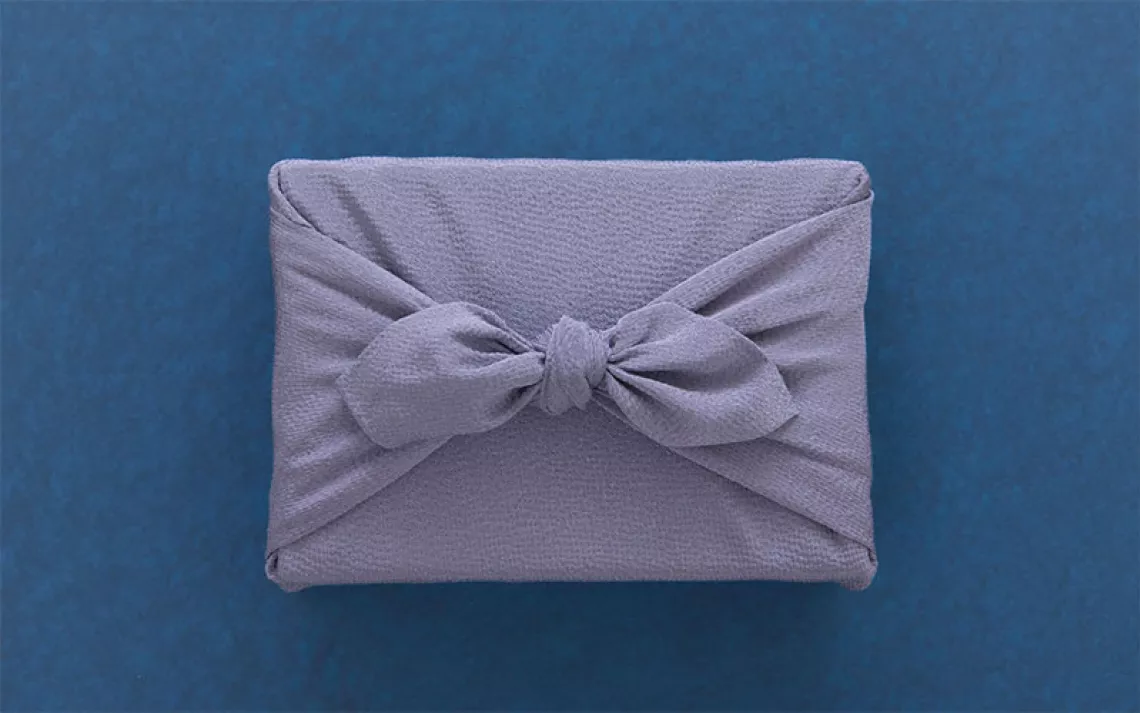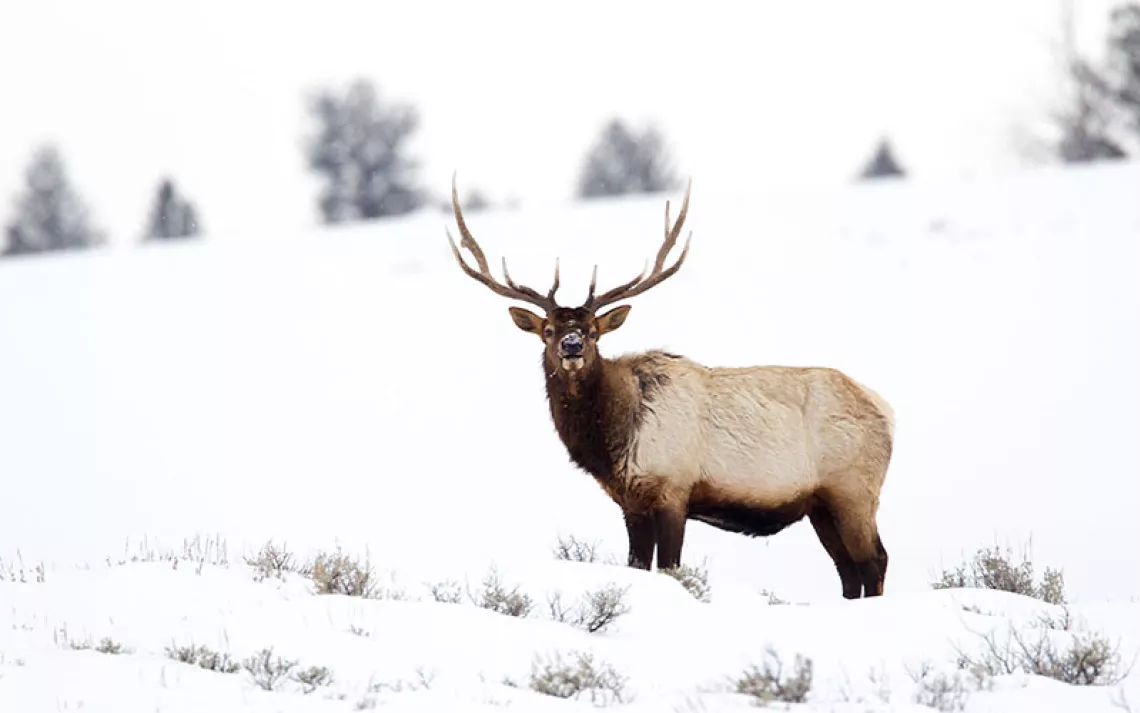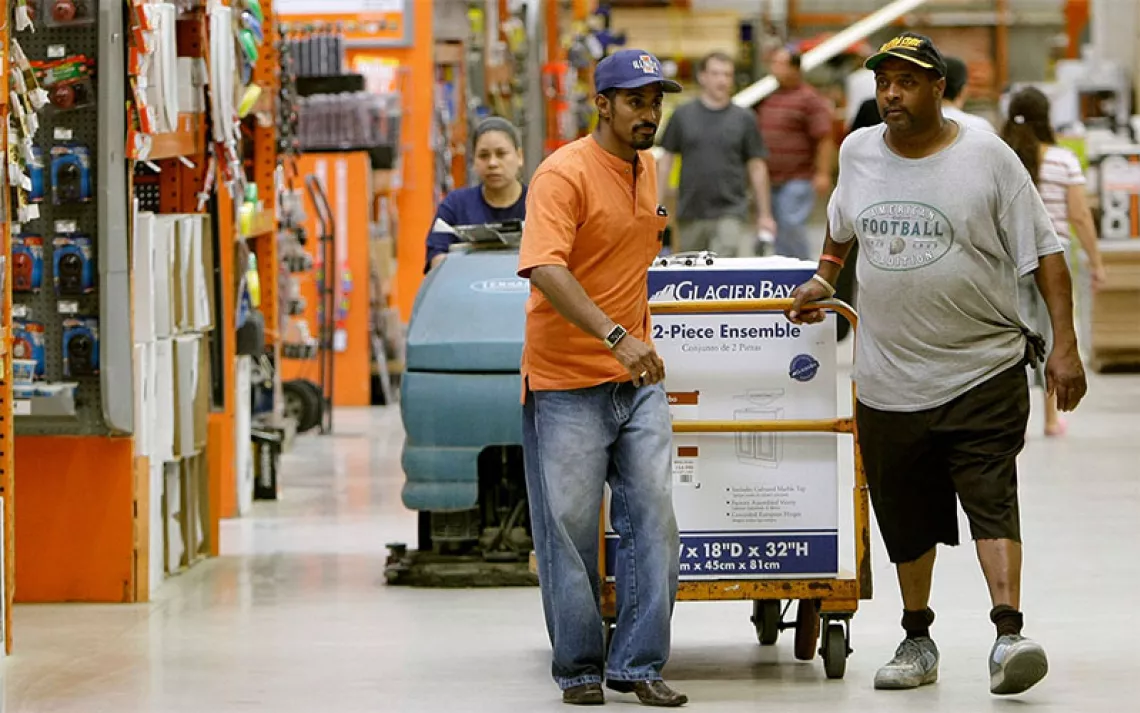How to Have a Plastic-Free and Sustainably Floral Valentine's Day
And how to support worker-owned farms while you’re at it
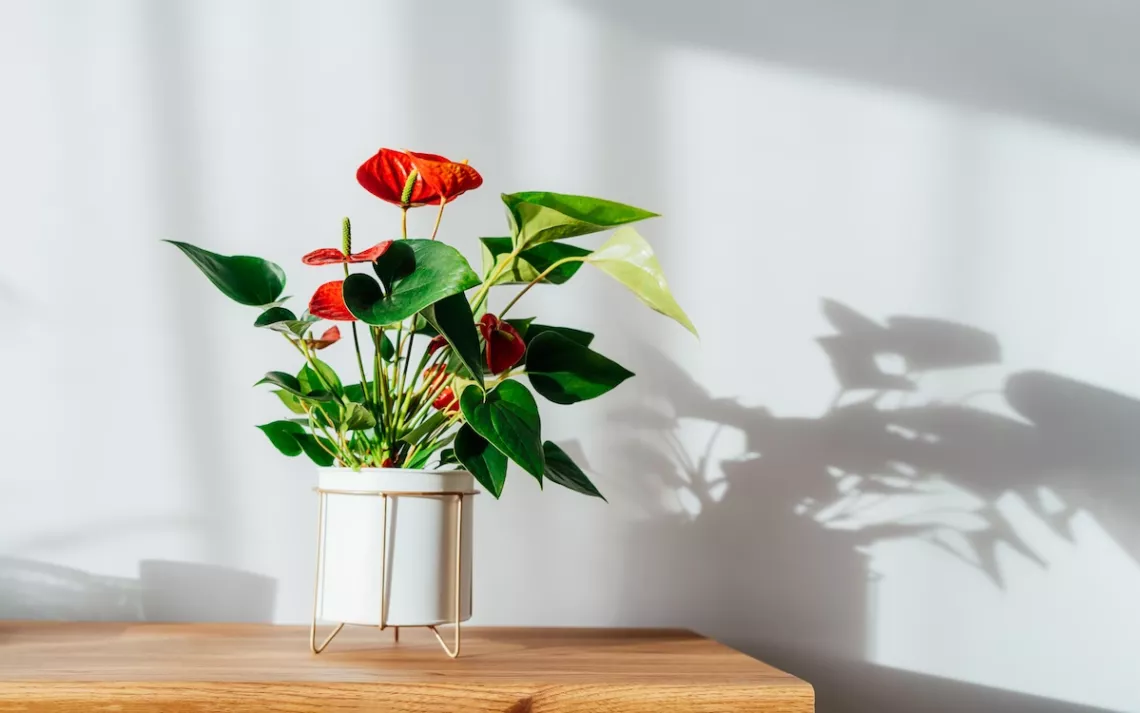
Photo by iStock/OKrasyuk v
There are plenty of ways to show you love someone without wasting beautiful flowers and creating more plastic waste. According to Waste 360, every year people exchange an estimated 180 million greeting cards, 36 million heart-shaped chocolate boxes, and nearly 200 million roses on Valentine’s Day. Many of those cards can’t be recycled if they come decorated with bows or glitter. Even “biodegradable” glitter can harm humans and sea creatures. And cut flowers are typically sprayed with chemicals and come in plastic wrap or green foam that is also laden with toxics.
Instead, give potted plants and watch them grow and bloom just like the love you feel for your partner. Get them from your local farmers' market, co-op, nursery, or hardware store. Try to choose options that don’t come in plastic starter pots. If they do, you can always either reuse them or return them and ask that they be reused. If you need to repot or get more soil, bring a bucket to nurseries that sell soil in bulk.
Potted plants are a great way to avoid buying cut flowers that become like any other single-use item: destined for the waste bin. Tossing them into the compost may not be so green either if those cut flowers were sprayed with chemicals. Potted edible and/or medicinal flowers can also give your partner a boost and help set the mood. For example, lavender is a well-known aphrodisiac and antidepressant. Yarrow and Stella d’Oro day lily buds have antioxidants and are part of traditional Chinese medicine recipes. Or treat yourself and your beloved with fancy oyster leaves (yes, they taste like oysters) or purple chive flowers that smell like lilacs. You can get them from the nonprofit Planting Justice, which provides living-wage jobs for formerly incarcerated people.
Studies have found that touching soil can increase life satisfaction, a sense of community, vigor, and cognitive function. So why choose cut flowers wrapped in a bunch of wasteful plastic only to watch them wilt and fade? Say “I love you forever” without plastic that’ll last forever and give the gift of a little bit of earth while you’re at it.
Your partner might love you even more if they knew your gift of a potted plant made the world a more equitable and sustainable place. Get flowers from nonprofits serving people who are unhoused, such as GrowGood in Los Angeles and Homeless Garden Project in Santa Cruz, California. Other farms include Plantiful Farm in North Carolina, which sells no-till (climate-friendlier) flowers grown with veganic fertilizer (so no animals were harmed). And there are LGBTQIA and BIPOC worker-owned farms, such as Rock Steady Farm in New York and Dandy Ram Farm in Maine.
If you can’t find one in your area, there are also national directories of locally grown flowers, such as Veganic Agricultural Network, Queer Farmer Network, Slow Flowers, and Local Harvest. Not all farms in those directories sell flowers that are native or grown by worker-owners with veganic, organic, no-till, or permaculture practices. So ask them how they’re ethical and sustainable.
You might also want to ask sellers if their plants are invasive and are not native to your area. If you get native plants, you can talk about the birds and the bees that like to visit them. Find them at nurseries on Ladybird Johnson Wildflower Center’s list.
And beware of child labor and greenwashing. Recently, I saw plastic-wrapped cut roses at Whole Foods with a sign that said they “support workers, communities, and the environment.” But those flowers were shipped from Ecuador and not certified organic. Most flowers sold in the United States come from Ecuador, the Netherlands, Colombia, and Kenya. Some of the worst forms of child labor were found in flower agriculture in Ecuador, Kenya, and Guatemala as recently as 2022. And, there are no restrictions on pesticides or fumigants used for flowers imported to the USA.
Nothing says “I love you” more than asking people what they want. Maybe they want flowers. Or maybe they’d rather have your attention, a card from found materials, or a poem!
 The Magazine of The Sierra Club
The Magazine of The Sierra Club
